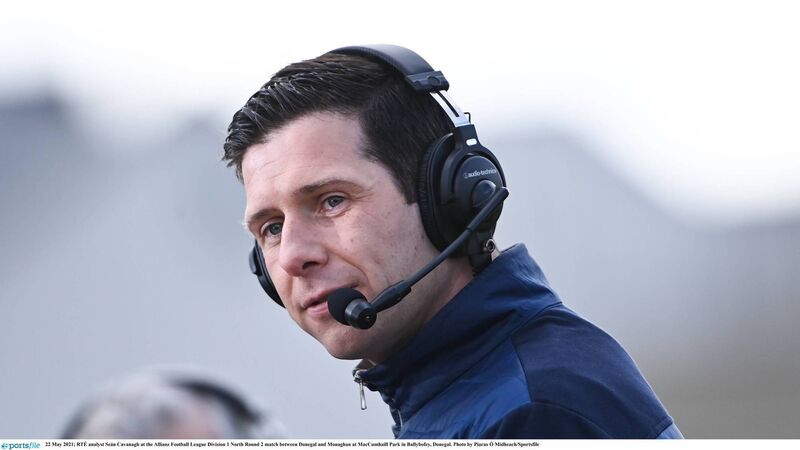John Fogarty: Truncated inter-county season needs new fix

ISSUES: Former Tyrone star Seán Cavanagh has raised the issue of ‘too many meaningless games’. Pic: Piaras Ó Mídheach/Sportsfile
For a variety of reasons but most of them relating to the final itself, the Ulster Council were breathing a sigh of relief at the conclusion of their senior football championship on Sunday.
In Leinster, the province with the biggest fixtures schedule, there was an easing too. In his match programme notes for Sunday’s Dublin-Louth SFC final, provincial chairman Derek Kent outlined just how challenging these past couple of months have been. “As our championships draw to a conclusion, we in Leinster have played over 60 games across our three football grades in a two-month window,” he wrote.








